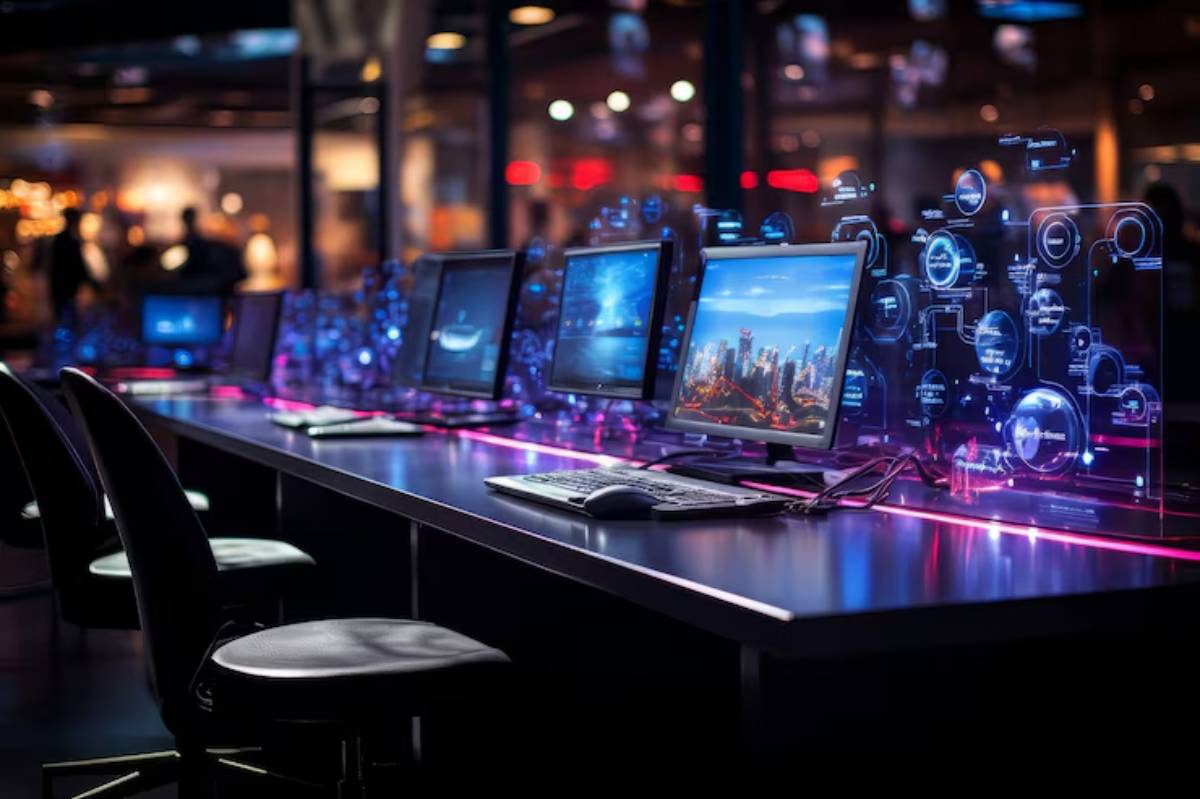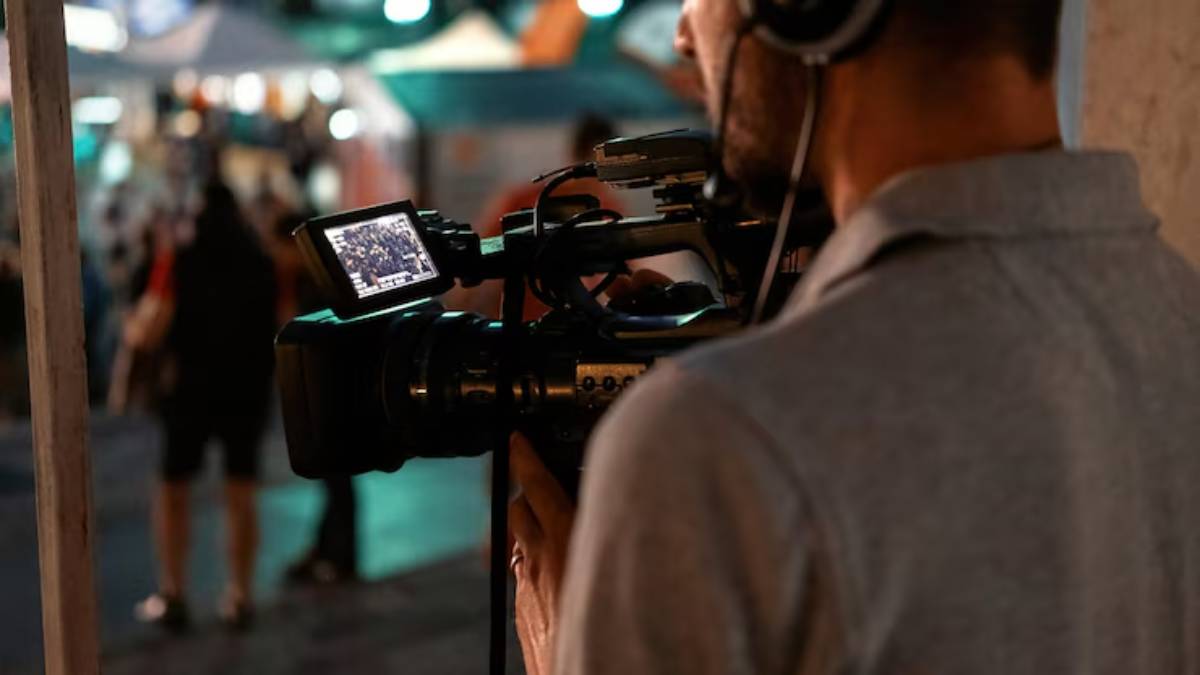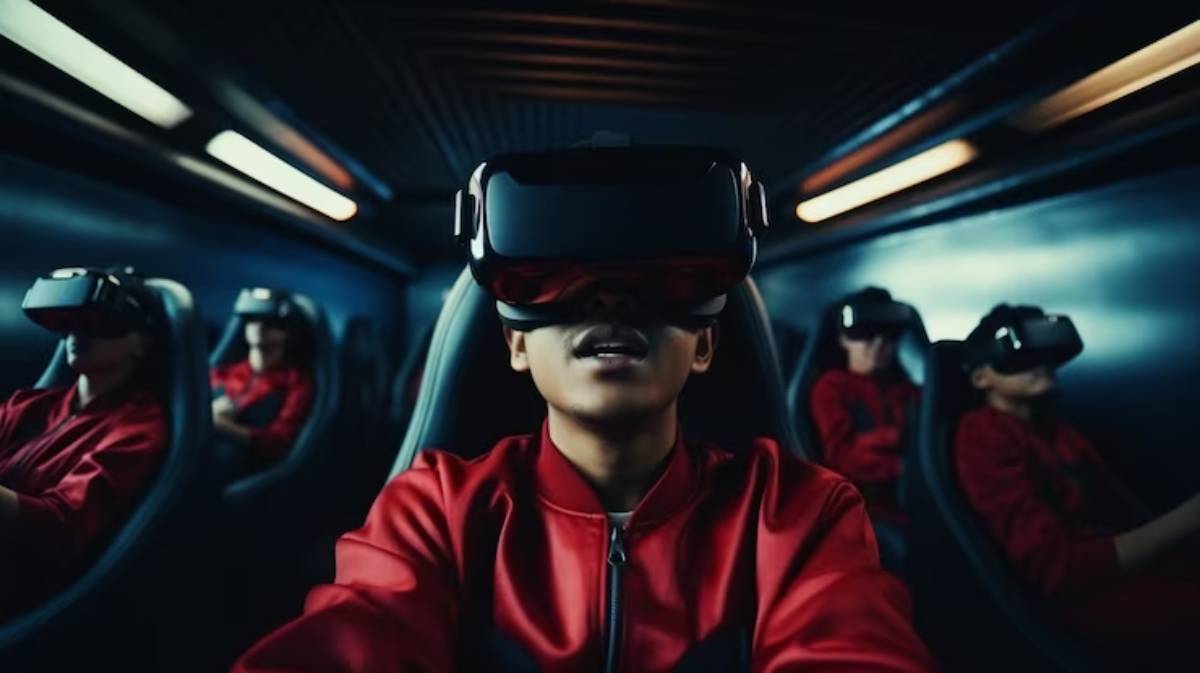
Staffing a Large-Scale Esports Event
When the lights dim and the opening montage blasts across the stadium, the crowd sees esports at its dazzling best. But behind that moment are dozens — sometimes hundreds — of people whose work started weeks or months in advance. From logistics to lighting, security to streaming, staffing a large-scale esports event is a feat of coordination, communication, and commitment.
This guide pulls back the curtain to reveal the true scope of tournament staff roles, their responsibilities, and how an efficient team powers the spectacle. Whether you’re an aspiring event manager, a curious fan, or part of a startup building your first LAN, we’ll walk through every layer of esports event management and showcase the vital crew for gaming competitions.
Core Departments in Esports Event Staffing
1. Tournament Operations
- Role: Oversees match flow, rules enforcement, bracket management
- Key Roles:
- Tournament Director
- Referees/Admins
- Match Observers
Primary Tools: Toornament, Battlefy, in-game match clients
Responsibilities:
- Seeding and scheduling
- Enforcing competitive rules
- Coordinating with team managers
2. Broadcast Production
- Role: Delivers the stream to fans at home and live feeds in the venue
- Key Roles:
- Broadcast Director
- Technical Director
- Camera Operators
- Replay Operators
Tools Used: OBS, vMix, TriCaster, Blackmagic ATEMs
Responsibilities:
- Switching scenes and camera angles
- Managing overlays, replays, and graphics
- Directing shoutcaster cues
3. AV and Technical Infrastructure
- Role: Sets up and maintains audio, lighting, internet, and stage visuals
- Key Roles:
- Network Engineer
- Lighting Tech
- Sound Engineer
- Stage Electrician
Equipment: LAN routers/switches, mixers, headsets, DMX controllers
Tasks Include:
- Ensuring low-latency LAN environments
- Coordinating headset audio for players and casters
- Power and light rigging for stage and booths
Player and Talent Coordination

4. Player Management
- Role: Handles team logistics, schedules, and welfare
- Key Roles:
- Player Manager
- Transportation Lead
- Team Liaisons
Responsibilities:
- Airport pickups and hotel arrangements
- On-site check-ins and call-time alerts
- Handling urgent requests (equipment, medical, etc.)
5. Talent and Shoutcaster Management
- Role: Manages hosts, casters, analysts, and influencers
- Key Roles:
- Talent Coordinator
- Hair/Makeup Artists
- Talent Hospitality Assistants
Tasks:
- Script briefings and rehearsal scheduling
- Stage entry cues and panel rotations
- Coordinating wardrobe and sponsor appearances
Want to get involved? Start with our guide on how to apply as a tournament volunteer.
Event and Venue Management

6. Stage Management
- Role: Oversees stage timing, team walkouts, and transitions
- Key Roles:
- Stage Manager
- Floor Assistants
Responsibilities:
- Cueing teams and casters for entrance
- Monitoring pacing for live production
- Emergency stage stop protocols
7. Venue Operations
- Role: Coordinates with venue for safety, flow, and access
- Key Roles:
- Venue Liaison
- Security Lead
- Fire Safety Officer
Tasks Include:
- Layout planning (seating, signage, barriers)
- Crowd control and badge checking
- Incident response and evacuation protocol
Fan-Facing Roles

8. Attendee Experience
- Role: Manages all interactions with fans and general public
- Key Roles:
- Front-of-House Staff
- Merch Booth Coordinators
- Meet-and-Greet Coordinators
Tasks:
- Ticket scanning and welcome kits
- Directing queues and helping lost attendees
- Assisting with activations (photo ops, side games)
9. Community and Social Media
- Role: Keeps digital audience informed and engaged in real-time
- Key Roles:
- Social Media Coordinator
- Photographer
- Community Manager
Responsibilities:
- Posting live clips, memes, and updates
- Highlighting fan reactions and cosplays
- Responding to viewer questions or tech issues
Scheduling, Training, and Briefing Protocols
Scheduling Staff Effectively
- Use shift overlaps to ensure coverage
- Build contingency into critical roles
- Account for breaks, burnout, and emergencies
Onboarding and Briefings
- Pre-event Zoom sessions for remote staff
- Venue walk-throughs and radio channel tests
- Printed cheat sheets with timelines and maps
Communication Channels
- Radios for on-site teams (with clear channels per dept)
- Discord or Slack for remote/hybrid crews
- WhatsApp groups for urgent, mobile alerts
Recruitment and Volunteer Strategy
Where to Find Staff
- Local production vendors and tech freelancers
- University esports clubs
- Volunteer applications through event websites
Training Volunteers
- Role-based guides and safety videos
- T-shirt coding (e.g. red for security, blue for tech)
- Group walkthroughs before venue opens
Retention and Recognition
- Provide meals, backstage access, and gear packs
- Credits in highlight reels and on stream
- Certificates or LinkedIn recommendations
Case Studies: Esports Events With Stellar Staffing
League of Legends World Championship (Worlds)
- Multiple country stops in one tour
- Local crew coordination with Riot Games core team
- Scalable training modules used across regions
The International (TI)
- Complex player booth setups
- Multiple observer teams for in-game replays
- Entire video walls controlled remotely
EVO Championship Series
- Player check-in and bracket handling across dozens of titles
- Volunteer-led crowd management
- Stage queueing handled by tournament marshals
The Cost and Logistics of Staffing
Budget Breakdown
- Staff pay ranges widely by skill and location
- Key investments: AV team, broadcast, safety crew
Typical Split for Mid-Tier Event:
- 30% AV + broadcast
- 25% player/talent ops
- 15% staffing and logistics
- 10% volunteer support
- 20% misc/emergency buffer
Travel and Accommodation
- Block book hotels near venue
- Group transport for team pickups
- Per diems for remote contractors
It Takes a Team
Every thrilling play and crowd pop at an esports event is the result of hundreds of people doing their jobs with precision and passion. From the shoutcaster nailing the hype moment to the technician rerouting cables mid-match, tournament staff roles form the backbone of every competition.
If you’re dreaming of joining this vibrant world, understanding esports event management and the structure of the crew for gaming competitions is your first step. With solid planning, mutual respect, and the right talent in the right roles, you can help bring unforgettable moments to life.
Want to get involved? Discover how tournaments create unforgettable fan moments.
Have you worked or volunteered at a gaming event? Share your best behind-the-scenes memory in the comments below!


